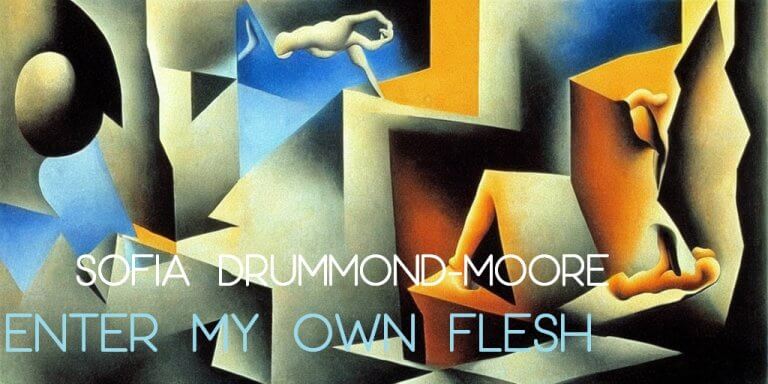
ENTER MY OWN FLESH by Sofia Drummond-Moore
I made this dangerous anomaly. I think I might have made it on purpose. I think maybe I asked for this interruption.

I made this dangerous anomaly. I think I might have made it on purpose. I think maybe I asked for this interruption.
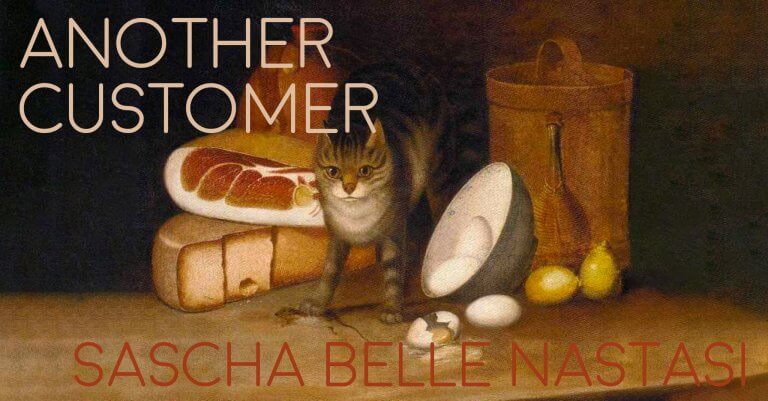
Her sandwich – mine now – is sloppily assembled, the melted cheddar thick with oil like a handsome man’s mucus. I eat without chewing much.
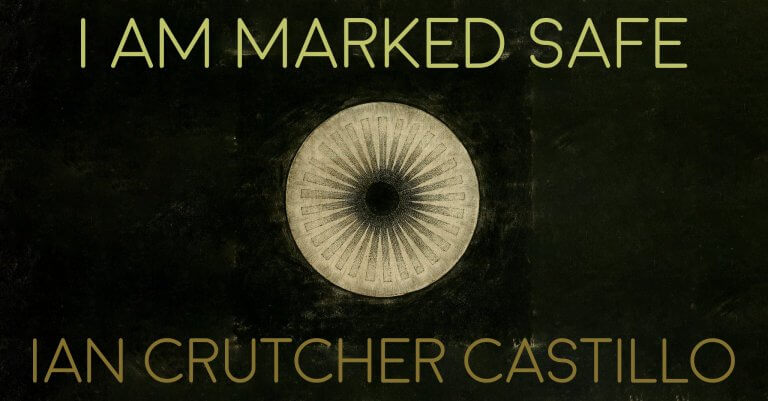
A year and three months ago a stray bullet caught Mina in the face, just grazing it. She has a scar that trails down her left eye, back to her left ear. The scar looks like one tear crying. Sometimes, lightning strikes twice.
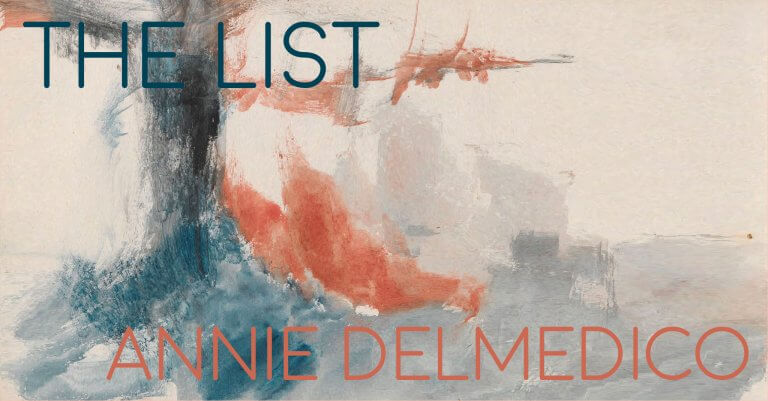
In movies, the end of the world makes everyone care about the right things, right when the right things are about to be gone. Not me. I want my money.
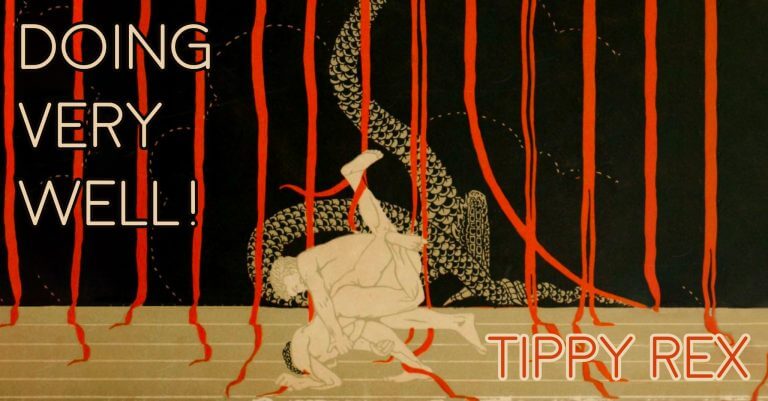
It was cold on the floor, I confess, but I thought it was OK. Since he left, I wake up every morning and marvel at all the me-warmed space on the mattress.
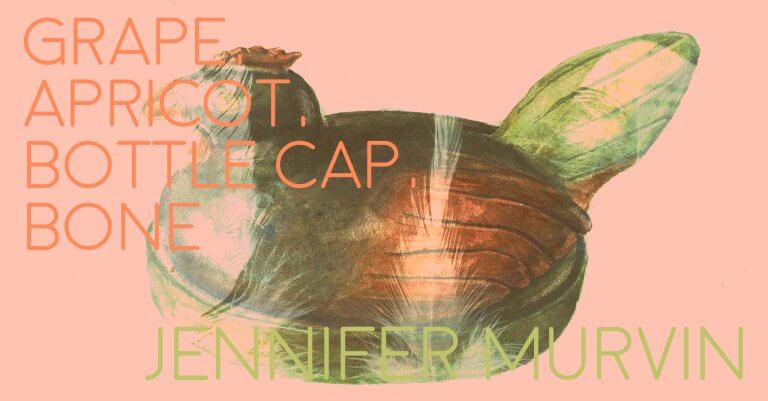
Susan who choked to death loved the husband, loved his neighborliness. She loved him from her driveway and windows, front and back yards, day and night dreams.
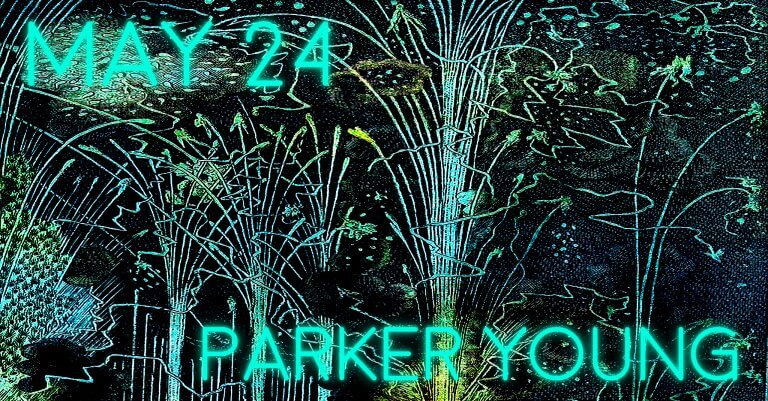
In order to write, I needed the writing process to disappear. But without the writing process, obviously I wouldn’t be a writer.
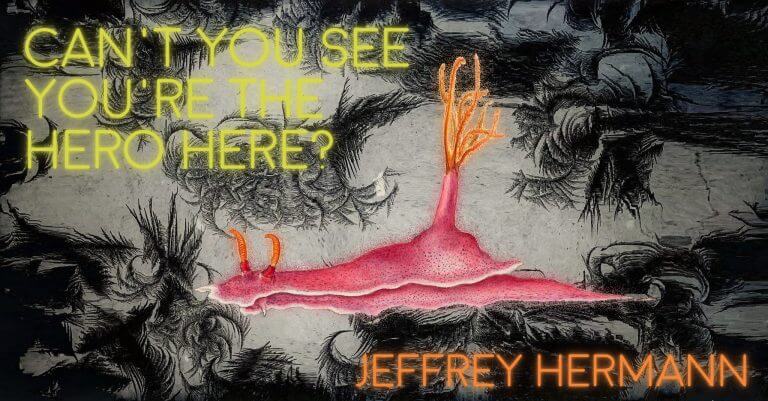
My presentation at the co-working space was a smash, meaning afterward people smashed the windows with rocks.
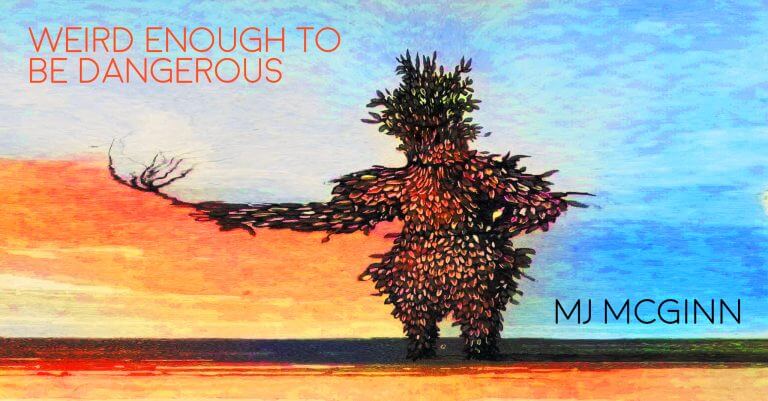
My 7th grade English teacher was just three toddlers stacked on top of each other. The middle toddler googled every question we asked on an iPhone. You could see it through his shirt, star-bright.
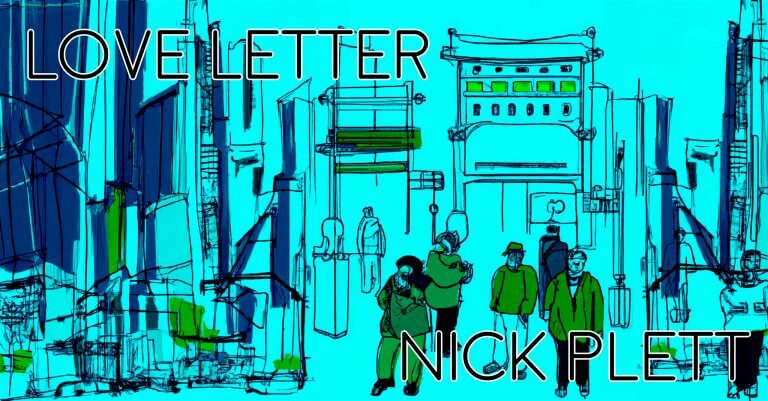
The world felt like something awful impending. June gloom had set in early; Mercury was back in retrograde. Everyone was jittery, uncertain, a little gun shy.
